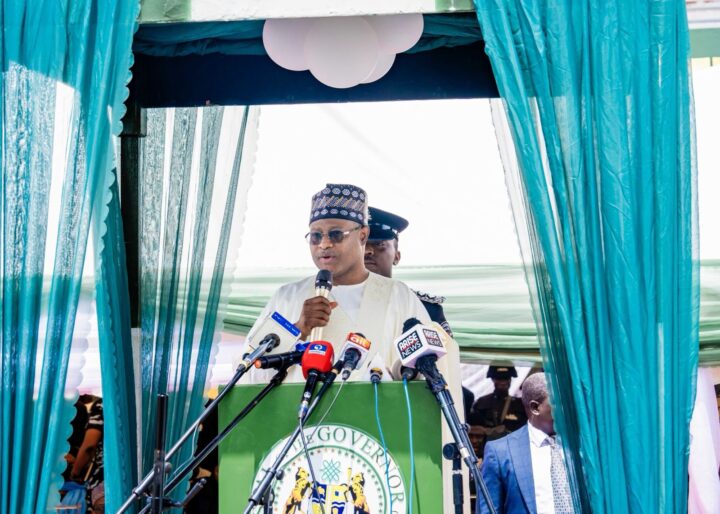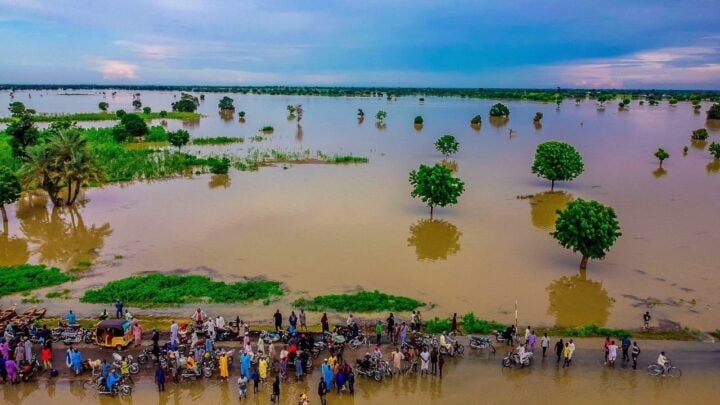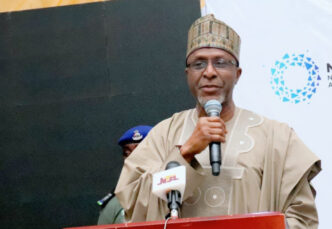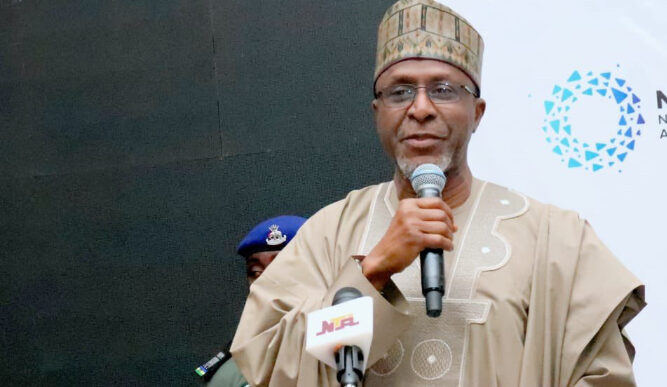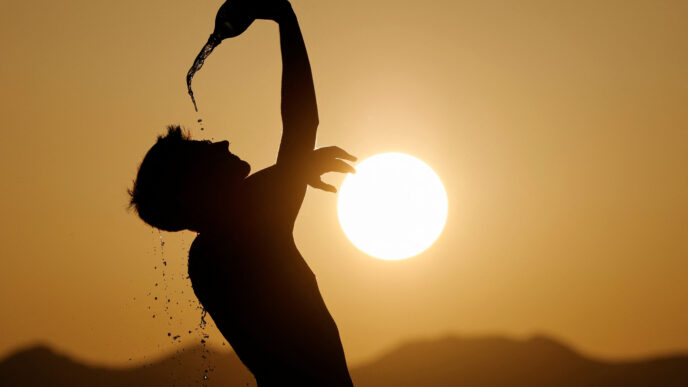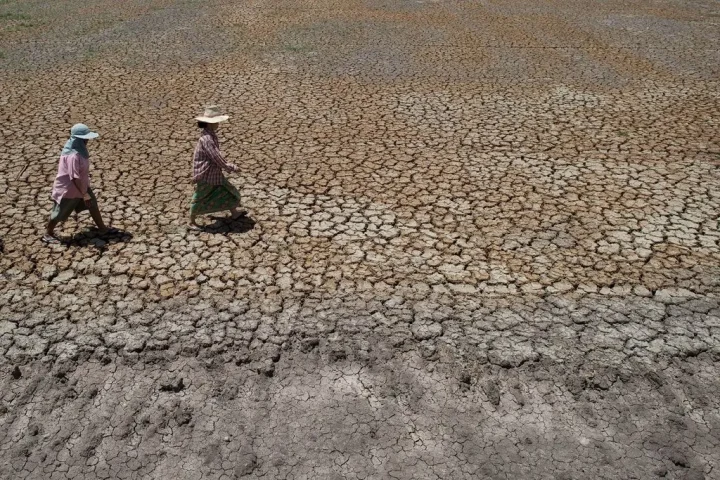Uba Sani, governor of Kaduna, says climate change is an environmental challenge that can destabilise nations, exacerbate inequalities, and provoke violence if not addressed.
Sani spoke in Kaduna on Monday at a regional conference on climate change-induced conflicts in northern Nigeria.
He added that climate-induced conflict is not an abstract idea but a pressing reality that the north must address with urgency and resolve.
The event was attended by representatives of the 19 northern states, religious leaders and officials of agencies.
Advertisement
The governor said the evidence of climate change is undeniable, noting that it is evident in rising temperatures, shifting weather patterns, and extreme weather events that are no longer distant threats.
Sani noted that climate change and diseases have led to significant losses of both people and livestock in the north.
He called for collective action, effective strategies, and resilience to address the challenges of climate change in the region.
Advertisement
“The recent menace of floods in parts of Nigeria and especially in Kaduna state, the fast-encroaching desert sands rendering most of our arable lands infertile, the shrinking of rivers and gradual deforestation of our forests are stark reminders of the urgency of our situation,’’ he said.
“The reality before us is that natural resources will become more limited, tensions will mount.
“Historically, we have witnessed how environmental stress can lead to conflict.
“The farmer – herder conflict is still with us today. Despite the dire situation, we must pull ourselves together and confront the challenges facing us.
Advertisement
“We must give hope to our people. We must work collectively to fashion strategies to cope with the current situation and prepare for challenges in the future.”
Sani also advised individuals, communities, organisations, and countries facing climate challenges to build resilience against disasters and underlying vulnerabilities.
He said they should “anticipate, prepare for, reduce the impact of, cope with, and recover from the effects of shocks and stresses without compromising their long term prospects”.
The governor asked the northern leaders to “invest in climate resilience, support sustainable practices in agriculture, improve water management systems, and enhancing disaster preparedness.
Advertisement
“The starting point towards raising community understanding of resilience to hazards and conflicts is to initiate participatory consultations at the grassroots level,” he added.
“The goal is to identify past and potential future hazards and conflicts and mobilise communities to take action for future resilience to such hazards and conflicts.
Advertisement
“We can come up with peace building initiatives.
“This includes fostering dialogue among communities affected by climate change, encouraging collaboration over competition, and ensuring that the voices of the vulnerable are heard and their needs are prioritized.’’
Advertisement
Sani said his administration has developed a policy on climate change “to safeguard the future of our environment and people”.
“The policy outlines our vision for a climate-resilient Kaduna state, detailing objectives, strategies, and targets for key areas such as sustainable agriculture, renewable energy, waste management, water resource management, and biodiversity preservation, amongst others,” he said.
Advertisement
“The policy’s overall goal is to promote a low-carbon, climate-resilient, gender-responsive and sustainable socioeconomic development in Kaduna state.”
Add a comment
